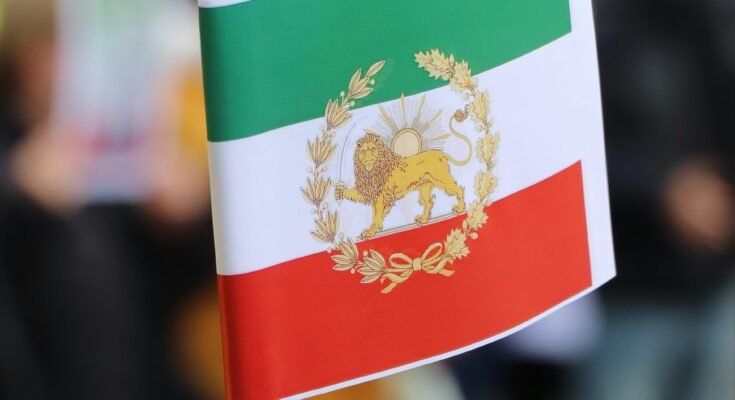The Iran-Israel Conflict: Origins, Escalation, and Global Implications (2025)
Introdction
The year 2025 represents an inflection point in the Middle East as tensions between Iran and Israel have now erupted into open warfare. This war has been some time coming, and at the core of the fight are not simply two nations, but competing ideologies, regional power, and geographical interests that stretch well beyond the region to include major global geopolitical interests. This article will examine key historical roots, relevant recent motivating events and early consequences of the war between Iran and Israel.
- Historical context to the Iran-Israel conflict
The conflict between Iran and Israel is well established in egregious political, religious and strategic rationales. Since the 1979 Islamic Revolution, Iran and Israel have not maintained formal diplomatic relations. To this day, Iran defines Israel as an illegitimate state in the Middle East and has consistently called for its elimination. Iran sees Israel as a threat to its economic, political and social ambitions as a regional power backed up by Western interests, while Israel sees Iranian nuclear development and influence in the region as a direct threat to its national security.
Some key historical milestones include;
Iran's support for the anti-Israel organizations, such as Hezbollah and Hamas.
Allegations of Israeli covert missions to assassinate Iranian nuclear scientists.
Proxy conflicts in both Syria and Iraq.- Leading up to war: 2025 triggers and escalation
Although many events have stoked tensions over the decades, in just the last few months of 2025 (late y204), a set of events simmered into escalation and led to this open war including:
- Military Action: The Initial Phase
The early phases of the conflict have included:
Israeli Air Force air attacks/missile strikes against suspected Iranian military-based sites.
Iran's response has been missile strikes on the following targets: Tel Aviv, Haifa, and military bases located in the Negev.
Naval confrontations occurred in the Persian Gulf mobilizing on-going oil traffic and possible oil supply disruptions.Each country demonstrated varying degrees of advanced state-of-the-art warfare technologies such as drone swarms, long-range missile technology, and electronic jammers.
- Regional and Global Reactions
The Israel-Iran situation has sent shock waves across the globe. The reactions have included, but are not limited to:
The United States giving clarity on its support of Israel, while concurrently urging restraint and calling for limits on expansion of military operations to avoid stimulus of regional escalation.
Russia and China urging restraint and de-escalation as well, but also supporting Iran's right to defend itself.
Neighboring countries of Saudi Arabia, UAE, and Egypt considering defensive and preemptive actions to prevent spillover from the conflict, as they each raised their military alert levels.
Turkey and Qatar pushing for diplomatic negotiations to end the hostilities.The United Nations Security Council passed a resolution for an emergency meeting, but any degree of agreement has been challenged by geopolitical differences.
- The Economic Impact of the Israel-Iran War
Financial markets reacted quickly and violently including:
Oil prices surged well above $120/barrel for global deliveries as shipping channel activity transiting the Strait of Hormuz presented growing security threats and uncertainty standards.
Several stock exchanges throughout the Middle East collapsed, losing control of impact and providing unknown dealer-specific responses.
As global economic uncertainty continues, gold and cryptocurrencies attract reinforced capital as investor safe-haven investments.- Humanitarian Issues
As of mid-June 2025,
- There are over 20,000 displaced civilians in southern Lebanon and northern Israel.
- Hospitals in Tehran and Tel Aviv have reached capacity with the injured.
- Humanitarian groups warn of a looming refugee crisis and are demanding immediate ceasefires to the conflict in order to create humanitarian corridors.
- Prognosis
There are several possible outcomes that are under consideration:
- An all out war across the region with many Middle Eastern countries involved.
- A long-term proxy war, especially in Syria, Iraq, and Lebanon.
- A final diplomatic solution to the conflict via back channel diplomacy supplied by the EU or neutral countries like Oman or Switzerland.
The world watches with deep anxiety to see if the conflict returns to the previous instability before it explodes into something larger.
Conclusion
The Iran-Israel war of 2025 has had a devastating beginning. Although the fighting itself is terrible, the overall consequences from the fighting: economic, humanitarian and political will be more terrible. The conflict marks a pivotal moment in international relations and events over the coming weeks will be critical to establishing the national and international landscapes for years to come.




